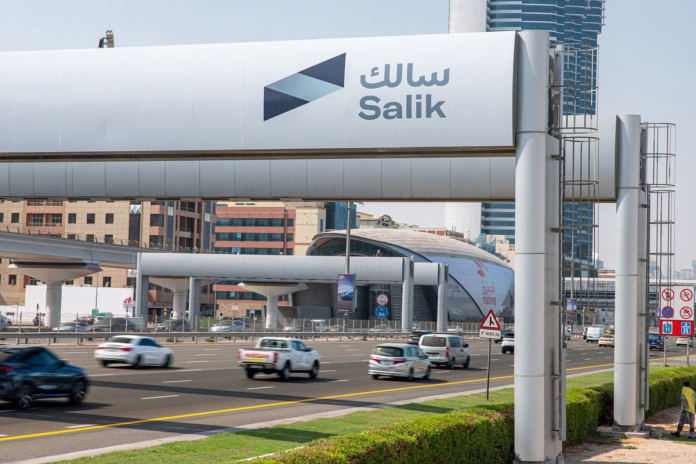With 2025 just a few weeks away, it could be a good time to revisit budgets for the next year. If you live in Dubai or you regularly drive to the emirate for work or business, there are a few things you may have to pay more for.
The upcoming price hikes will be rolled out as part of efforts to improve public services, including traffic management. For two entities that have raised fees, this will be the first rate increase within at least 10 years.
A number of residents have already been looking into adjustments they could make to cut costs and offset any additional fees.
Here’s a recap of recent hike announcements that may have an impact on your budget for 2025:
1. Dubai parking fees
Starting March 2025, motorists will have to pay a Dh6 per hour for ‘premium’ parking areas in Dubai during peak hours.
Here’s an overview of the new rates:
| Dubai parking areas | Timings | Fee per hour |
| Premium parking spaces | 8am to 10am / 4pm to 8pm | Dh6 |
| 10am to 4pm / 8pm to 10pm | Dh4 | |
| Standard parking spaces | 8am to 10pm | Dh4 |
| All parking areas | 10pm to 8am / All day on Sundays | Free |
| Events parking zone | During major events | Dh25 |
Here’s a map where ‘premium’ areas are marked in pink and ‘standard’ spots are in green:
The higher Dh6 fee applies to high-demand areas, including parking spots that are within 500m of a Metro station; those with high parking occupancy during peak hours; and markets and commercial activity zone.
A Dh25 hourly fee will also be introduced for paid public parking spaces near event zones. This is expected to be implemented around the Dubai World Trade Centre from February 2025 during major events.
2. New Salik toll prices
Drivers who pass through Salik toll gates in Dubai may have to shell out extra for their trips, depending on when they take these routes.
Salik will be implementing a ‘dynamic pricing’ system from January 2025, with a higher fee of Dh6 set during peak hours. Here’s a guide to new tolls:
| Salik fee | Timings |
| Dh6 | 6am to 10am / 4pm to 8pm |
| Dh4 | 10am to 4pm / 8pm to 1am / all day on Sundays (except public holidays, special occasions and major events) |
| Free | 1am to 6am |
This is the first time Salik charges have been revised since the toll gates were introduced in 2007.
The new fee structure has been designed with an aim of easing traffic flow in the city. It is also expected to bring in additional revenue of Dh60 million to Dh110 million every year for Salik, a public joint stock company.
3. New sewerage tariffs
Over the next three years, residents and businesses in Dubai will be paying higher sewerage fees, with the first increase kicking in 2025.
The increase will apply to existing accounts, including sewage collection fees within areas overseen by the Dubai Municipality.
Here’s the revised tariff structure:
| Year of implementation | Fees |
| 2025 | 1.5 fils per gallon |
| 2026 | 2 fils per gallon |
| 2027 | 2.8 fils per gallon |
With the fee increase, the Dubai Municipality hopes to promote water conservation in the emirate and build a future-ready infrastructure for the growing needs of the emirate’s growing population. This the local civic body’s first fee update in 10 years.
What about rent and salaries?
Amid rising costs over the past few years, among the essentials that residents have been worried about is rent. Rates for apartment and villa rentals have soared in several areas — but there could be some good news for the coming year.
Rents may drop in some neighbourhoods as more than 100,000 new apartments and villas enter the market in 2025, according to recent research. The projected increase in supply is expected to ease the current pressure on rents and keep hikes in check.
Employees in the UAE may see a ‘decent’ increase in salaries, based on multiple studies.
Those in technology and legal sectors are likely to get a hike due to the demand for talent in these industries, according to data from Robert Half’s annual salary guide. Those in finance, accounting and HR may also see some increases.
Another UAE survey, however, said overall salaries across all industries may go up by four per cent in 2025. Conducted by Mercer, the poll covered more than 700 companies across a range of industries including energy, financial services, engineering, construction, real estate, manufacturing, retail and wholesale, services, life sciences and technology.




